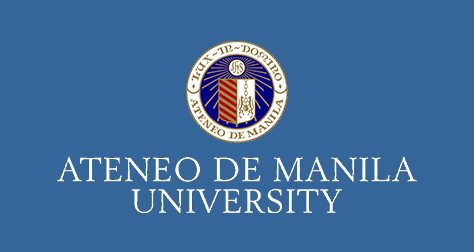Abstract
This paper explores the negotiations and actions among various actors, or stakeholders, in formulating the aim of the EU circular economy. Taking the perspective of a member state and its industries, it focuses on how stakeholders—EU bodies, industry associations, companies, and the state—communicate and collaborate while having divergent interests. The research approach combines perspectives from business studies and international political economy to explore stakeholder engagement and bargaining in formulating circular economy aims in a multi-stakeholder network. In doing so, the study investigates the stakeholders’ communication network as an interaction between the policy and industry levels that cooperate to advance sustainable business. Triangulating from multiple source materials, the paper presents a narrative of international negotiations on sustainable development, EU policy development on the circular economy, and member state policy and industry actions, as well as a case on textiles and clothing in a member state, Finland. Business student views represent young consumers as stakeholders. The study contributes to research on the circular economy in two ways: 1) by mapping the bargaining relations and lines of communication in a multi-stakeholder network formulating a joint EU aim and 2) by addressing stakeholder engagement in an EU-led policymaking process in multi-scalar negotiations. The findings add to our understanding of multi-stakeholder interactions and how stakeholders engaged in the circular economy negotiate their aims and interests in sustainability transitions.
Recommended Citation
Kettunen, Erja
(2023)
"Towards the Aim of the EU Circular Economy in a Multi-Stakeholder Process: From Policy to Industry and Back,"
Journal of Management for Global Sustainability: Vol. 11:
Iss.
2, Article 5.
DOI: https://doi.org/10.13185/2244-6893.1208
Available at:
https://archium.ateneo.edu/jmgs/vol11/iss2/5

